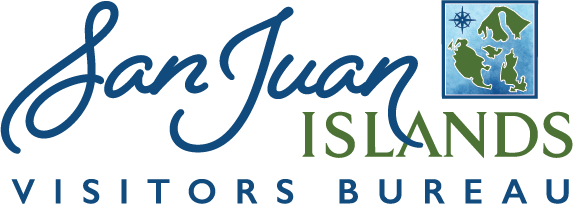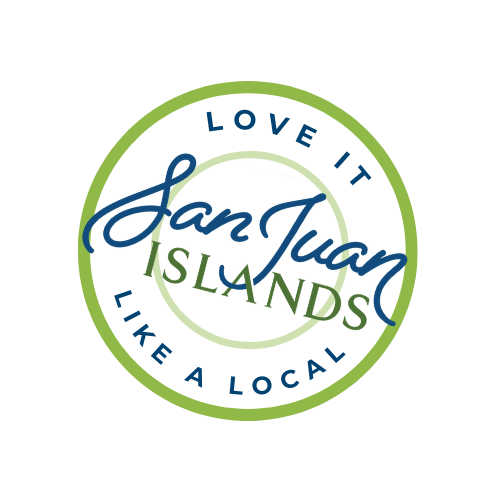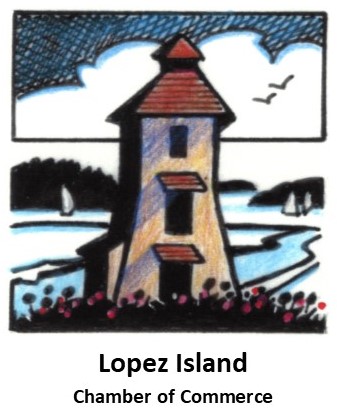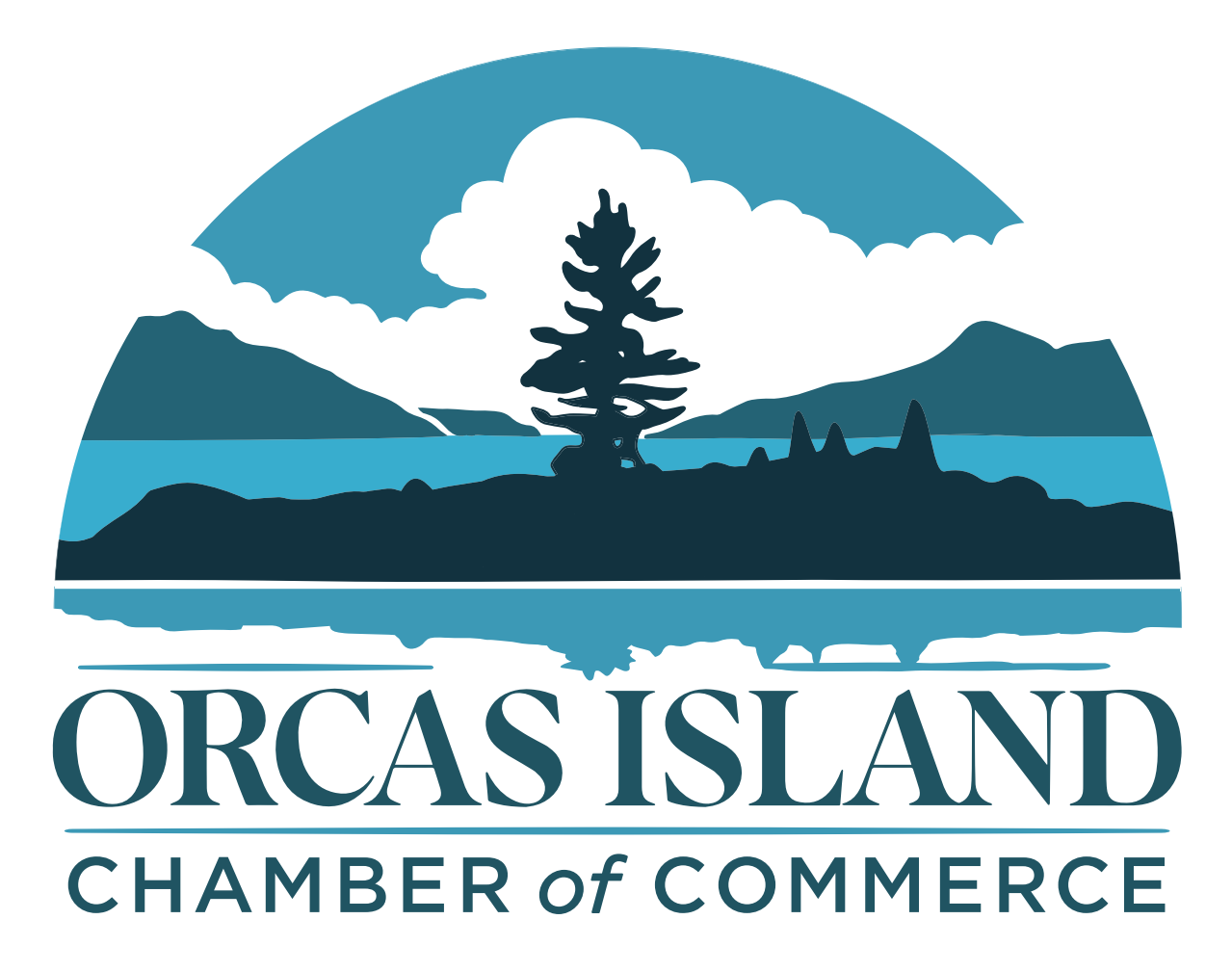Responsible Travel To The San Juans
From bringing your own travel mug, to conserving water, to eating locally grown food, sustainable travel is in the air - and the water. Here in the San Juans, our passion for our incredible environment means that we’re also committed to being as kind to it as possible. If you’re looking for ways to make a difference when you travel, check out these tips.
Let us acknowledge that we reside on the ancestral lands and waters of the Coast Salish people who have called this place home since time immemorial and let us honor inherent, aboriginal, and treaty rights that have been passed down from generation to generation.
Green Ways To Get Here
Consider these airlines with carbon offsets and other green programs: United Airlines, Delta Airlines, and Southwest Airlines.
Look for low-carbon options at these companies at Hertz or Enterprise. There are several Electric Vehicle Charging Stations in San Juan County!
While You Are In The Islands
Let the experts do the driving while you sit back, relax, and enjoy the ride. San Juan Transit or Friday Harbor Jolly Trolley
M&W Auto has great options for eco-friendly touring.
Check out these bike rental options (some include electric assist): Meat Machine Cycles, Discovery Sea, Susie’s Mopeds and Bicycles, Wildlife Cycles, Village Cycles, Lopez Bicycle Works
Tour Mindfully
The shorter your stay in the islands the more important it is to plan ahead. Booking activities, transportation, lodging, and dining in advance will make your trip run smoothly and you'll be more likely to get your first picks! Most tour operators have generous cancellation policies in case you need to make changes. (Check with individual companies to be sure of their policies.)
The Southern Resident Killer Whales of Washington State are a federally protected endangered species. We encourage visitors to tour with a licensed whale watch operator who follows the NOAA Be Whale Wise guidelines.
Paddle your own kayak or set out with one of the many knowledgeable kayaking outfitters. All the guides, and anyone looking to launch their own kayak, are required to go through the Kayak Education and Leadership Program (K.E.L.P.), which informs kayakers on marine wildlife regulations.
Find lodgings that go the extra mile in terms of recycling, composting, and energy conservation. Take a look at their web pages for more information about their sustainability efforts. Glamping and camping on all three islands also help lower your vacation carbon footprint.
























